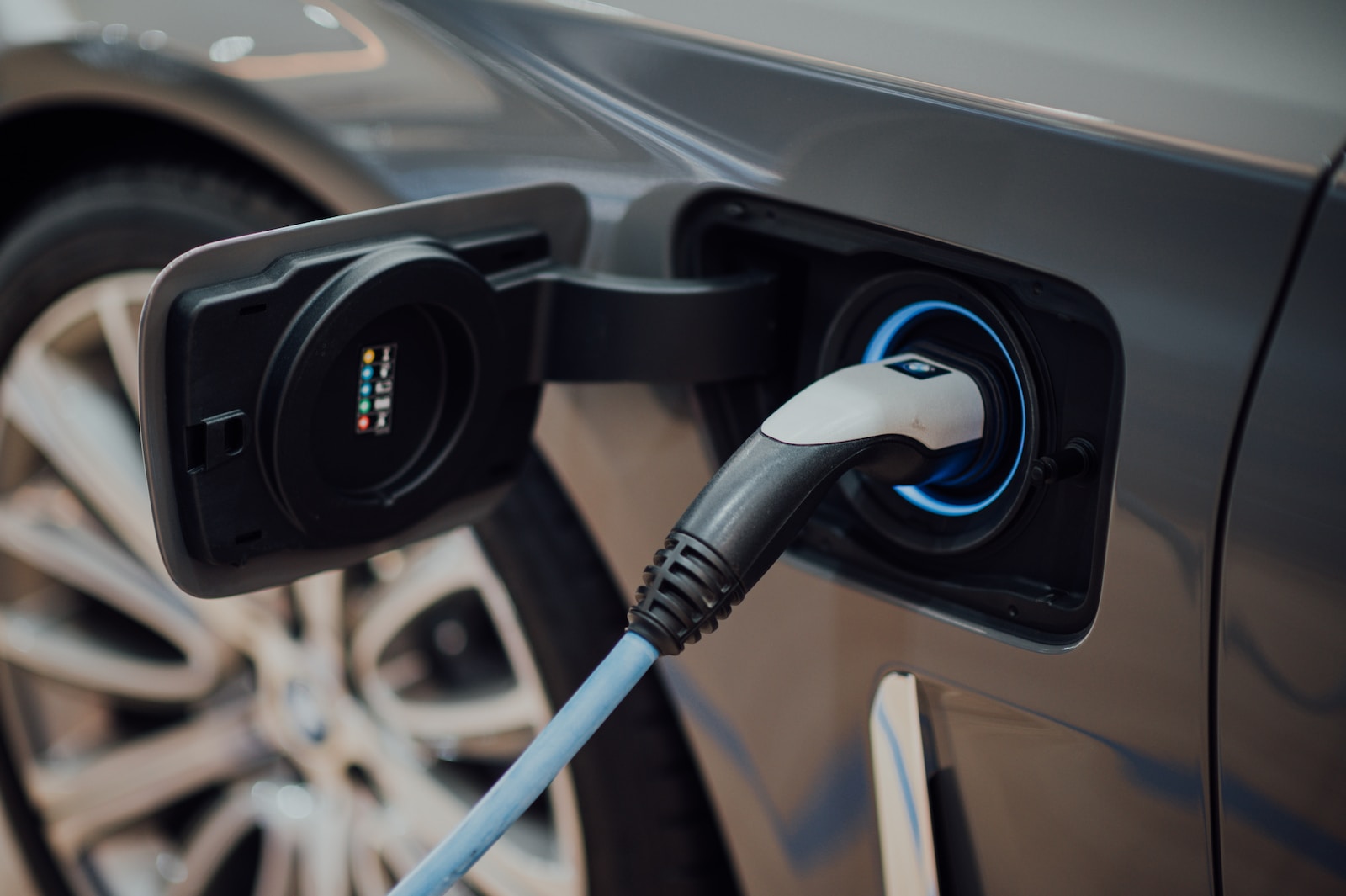The automotive industry is changing rapidly, with electric vehicles becoming increasingly popular as an alternative to traditional internal combustion engines. In this article, we will look at the different benefits of electric vehicles and internal combustion engines, and compare them in order to understand the future of automobiles.
Electric Vehicles: An Overview
Electric vehicles (EVs) are powered by electric motors and batteries, rather than gasoline-powered internal combustion engines. EVs are becoming increasingly popular due to their environmental benefits, as they have zero emissions and are more energy-efficient than traditional vehicles. Additionally, they are much quieter than gasoline-powered cars, and can have a range of up to 300 miles on a single charge.
Benefits of Electric Vehicles
The primary benefit of electric vehicles is their environmental friendliness. EVs are powered by electricity, which is a clean and renewable source of energy. This means that EVs have zero emissions, and are much more energy-efficient than traditional vehicles. Additionally, EVs are much quieter than gasoline-powered cars, making them ideal for urban areas.
Another benefit of EVs is that they are much cheaper to maintain than traditional vehicles. EVs require less maintenance than gasoline-powered cars, as they have fewer moving parts and require less frequent oil changes. Additionally, they are much more fuel-efficient, which can lead to significant savings over time.
Internal Combustion Engines: A Primer
Internal combustion engines (ICEs) are powered by gasoline, and are the traditional type of engine found in most cars. ICEs are much less efficient than electric motors, and are much more polluting, as they produce significant amounts of carbon dioxide and other pollutants. Additionally, they are much louder than electric motors, which can be a nuisance in urban areas.
Advantages of Internal Combustion Engines
The main advantage of ICEs is that they are much cheaper than electric motors. ICEs are also much more powerful than electric motors, and can generate more torque, which is important for certain applications. Additionally, ICEs are much more reliable than electric motors, as they are less prone to breakdowns and can last for years with minimal maintenance.
Comparing Electric Vehicles and Internal Combustion Engines
When comparing electric vehicles and internal combustion engines, it is important to consider the environmental, economic, and practical benefits of each type of engine. Electric vehicles are much more energy-efficient and have zero emissions, making them ideal for those looking for an environmentally-friendly option. Additionally, they are much quieter, and require less maintenance. On the other hand, internal combustion engines are much more powerful, and are much cheaper to purchase. Additionally, they are much more reliable, and can last for years with minimal maintenance.
The Future of Automobiles
It is clear that electric vehicles are becoming increasingly popular, and are likely to become the dominant type of vehicle in the near future. Electric vehicles have significant environmental benefits, as they have zero emissions and are much more energy-efficient than traditional vehicles. Additionally, they are much quieter, and require less maintenance. However, internal combustion engines are still the most powerful and reliable type of engine, and are likely to remain popular in certain applications.
It is clear that electric vehicles are becoming increasingly popular, and are likely to become the dominant type of vehicle in the near future. However, internal combustion engines still have their advantages, and are likely to remain popular in certain applications. As technology advances, it will be interesting to see how the automotive industry evolves, and what the future holds for electric vehicles and internal combustion engines.
